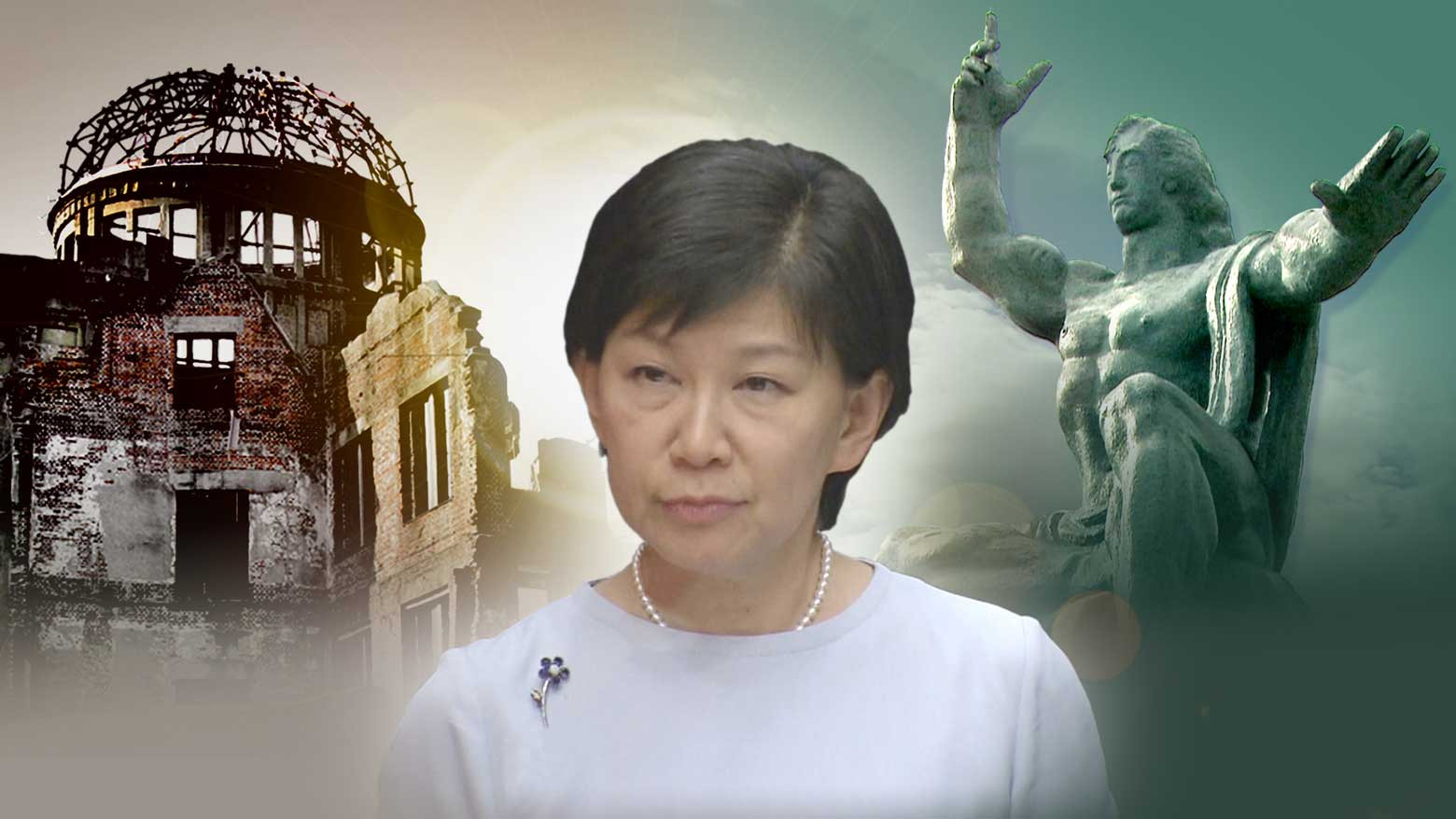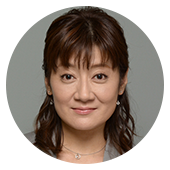Nakamitsu had to quarantine for two weeks to take part in the event. She was attending on behalf of the UN Secretary-General but says she also had a personal reason to make the visit: keeping a promise to hibakusha that as long as she is the UN disarmament chief, she would be at the memorial service every year, no matter what.
She says that even today, the bombings serve as a powerful reminder of the horrors of nuclear warfare.
"This is a very important lesson that we need to highlight on the 75th occasion," she says. "I would like all countries to listen to the testimonies of the hibakusha and understand the sufferings, the human sufferings, as a result of those devastating weapons."
Living on the edge
Nakamitsu says discussions on nuclear disarmament are at a critical juncture. The New START Treaty, a nuclear reduction accord between the United States and Russia, is set to expire in February. So far, the two sides have failed to reach a breakthrough on negotiations toward an extension, raising fears of a renewed arms race. Nakamitsu says the situation has passed the point of concern.
"Tensions are again on the rise between the big powers," she says. "There are erosions of nuclear disarmament, arms control norms, instruments, and regimes. We are living in a very dangerous situation at the moment where we fear the risk of nuclear detonation is probably highest since the height of the Cold War."
Lessons from the pandemic
The coronavirus is also having an effect on nuclear talks. The review conference for the Nuclear Non-Proliferation Treaty, or NPT, which is marking fifty years since its implementation, was set to begin in April but was pushed back due to the pandemic. Nakamitsu says the virus is a wake-up call to humanity.
"The international community is learning or trying to learn many lessons from the current crisis," she says. "We have seen how vulnerable the world is. Something that was so unimaginable actually happened. And with an incredible speed, it spread across the world. Previously unthinkable situations can happen. This is also applicable to nuclear weapons."
Nakamitsu also spoke about what the pandemic has taught the world about the concept of security.
"The crisis has told us that we need to put human beings at the center of security," she says. "Security is something that is no longer assured by weapons."
Turning things around
Nakamitsu says she believes in the power of individuals and that everyone, not just treaty negotiators and hibakusha, should be committed to peace.
"With the coronavirus, we are at a turning point in history," she says. "Everything for the future depends on what we do as individual citizens, how we organize ourselves and try to construct and build our future. I try to remember the citizen's responsibility in my daily work. As a United Nations official, I try to appeal not just to Japanese citizens but also across the world."

